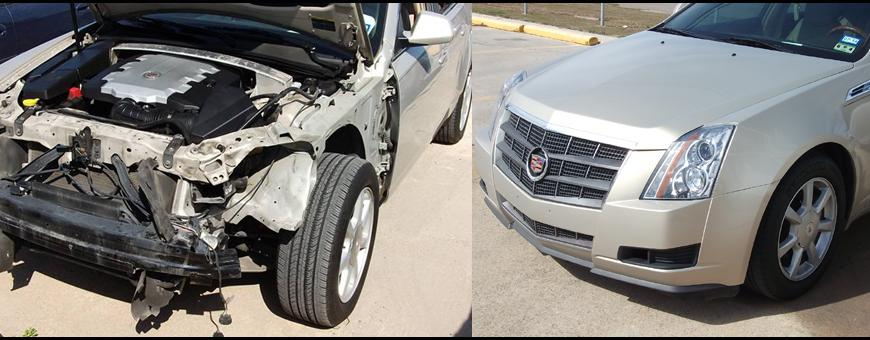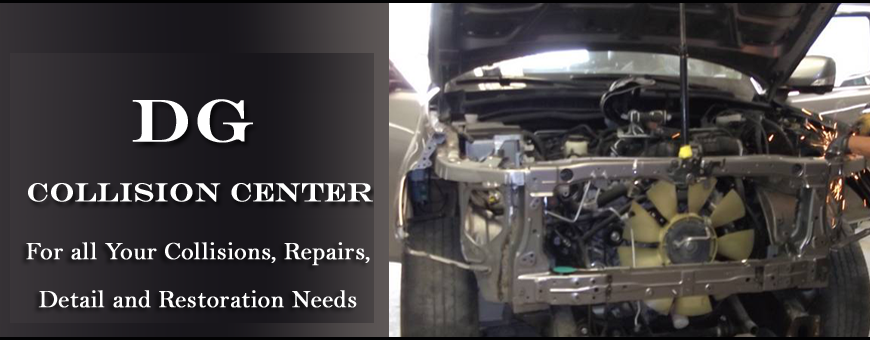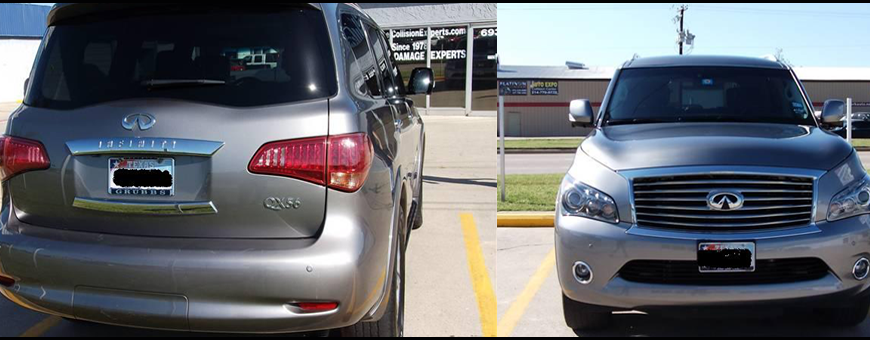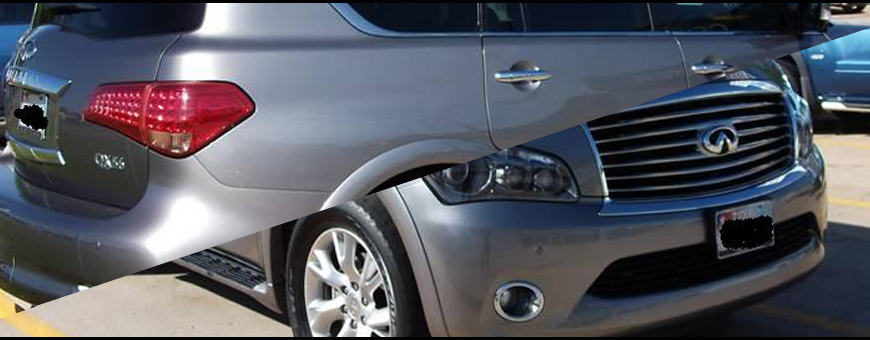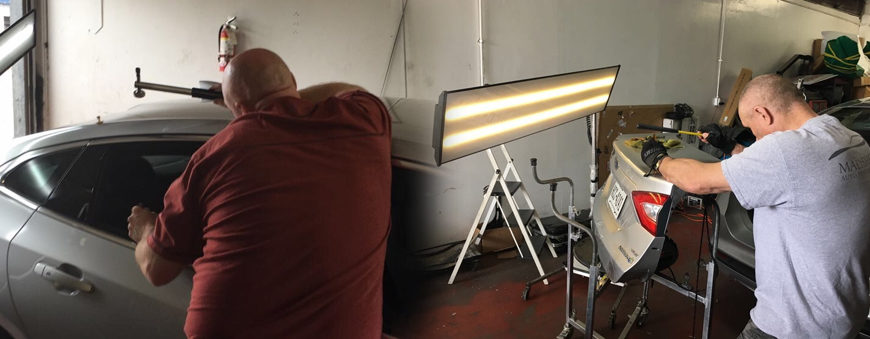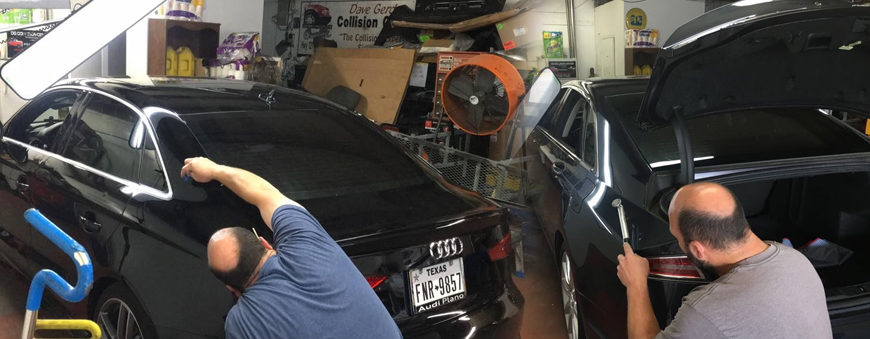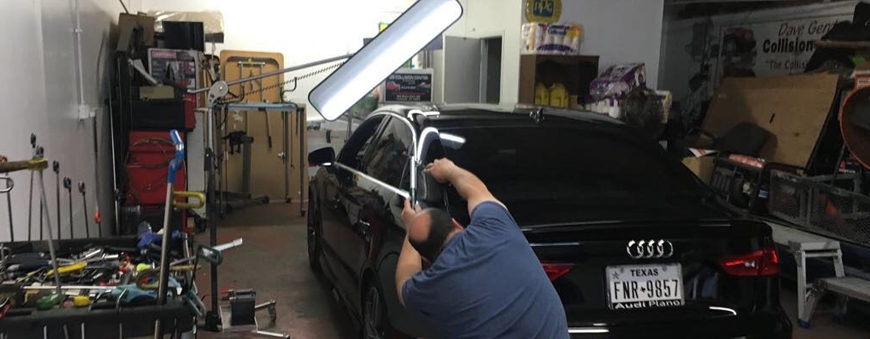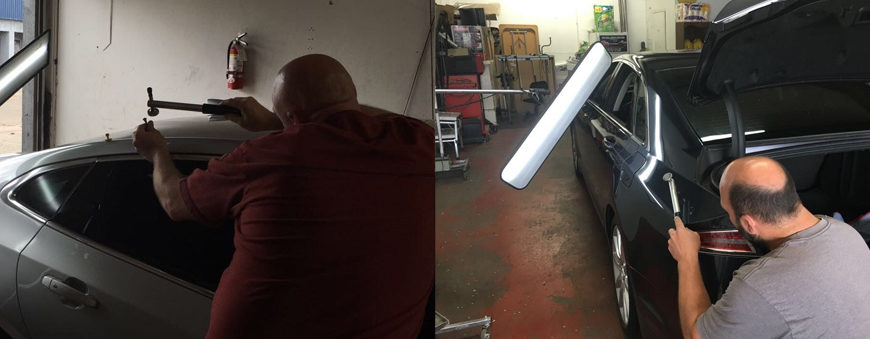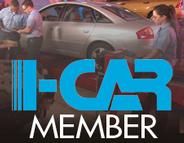Getting Your Car Repaired
Your insurance company will either have an adjuster inspect your car and give you a repair estimate, or it will ask you to get estimates from mechanics and auto body shops.
Insurance companies will pay for repairs or replacement only up to the car’s actual cash value. Actual cash value is the amount your car would be worth if it weren’t damaged.
Some companies might give you a list of “preferred” repair shops, but they can’t require you to use a particular repair shop. For collision and comprehensive claims, your company only has to pay for parts of like kind and quality to those that were damaged.
Filing a Claim
Texas law sets deadlines for insurance companies to act after you’ve filed a claim. Companies must
- Respond within 15 days after it receives your claim in writing. It will probably ask you to document your loss.
- Accept or reject your claim within 15 days after you submit any documents it asked for.
- Send your check or bank draft within five business days after it agrees to pay your claim.
A company that can’t meet these deadlines must send you a notice explaining why. The company then has 45 days to either approve or reject your claim.
If the insurance company rejects your claim, it must explain the rejection in writing. If the company says your policy doesn’t cover the loss, ask to see the policy language that they used to make the decision. A court will usually order the company to pay if the language is unclear and the policy could reasonably be read in your favor.
Note: The prompt payment law doesn’t apply if another driver’s insurance company is paying the claim. However, the company is still required to act in good faith and to make a prompt and fair settlement.
Accidents Caused by Other Drivers
If you were in an accident caused by another driver, the other driver’s insurance company should pay the following costs, up to the liability policy’s limits:
- repair or replacement of your car
- car rental while your car is being repaired
- your medical and hospital bills
- wages lost because of an injury
- compensation for pain and suffering if anyone is hurt.
If the other driver’s insurance won’t cover all your medical bills, file a claim for the difference with your auto insurance company or your health insurance company. Your auto insurance company will use either your PIP coverage or (for amounts greater than that) your UM/UIM coverage.
If the other driver’s policy won’t cover all of your car repairs, file a claim with your auto insurance company. The company will use either your collision or UM/UIM coverage to pay the difference (minus your deductible) between the damage to your car and what the other driver’s policy will pay.
Disputing a Settlement
If you and your insurance company can’t agree on the amount of your settlement, you can demand an appraisal. Appraisal allows you and the company to hire separate damage appraisers. The two appraisers choose a third appraiser to act as an umpire. The appraisers review your claim, and the umpire rules on any disagreements. The appraisal decision is binding on the amount of the damage. If there is a dispute about what is covered, you can pursue a settlement of the coverage issue after the appraisal. You must pay for your appraiser and half of the umpire’s costs.
Appraisal is available only in disputes between you and your insurance company. It is not available if the other driver was at fault and you disagree with his or her company’s offer.
Totaling a Car
If the repair estimates are more than your car is worth, the insurance company will likely total your car and pay you its actual cash value rather than pay to fix it. Insurance companies use various sources for determining the value of your car. Ask the company what source it used to determine your car’s value.
The company might not have considered your car’s condition, special features, or value on the local market when it calculated its settlement offer. Be prepared to negotiate with the company to get what you think is a fair deal. A company might raise its offer if you can show that your car would sell for a higher price in your area. Get written price quotes for a similar car from several used car dealers, or look in the classified section of your local newspaper for used car prices.
If you’d prefer to have your vehicle repaired instead of totaled, you can keep your car if you are willing to subtract its salvage value from the insurance settlement. Make sure the cost to repair the car will not exceed the car’s actual cash value. To find out the salvage value, contact local salvage yards for estimates.
Getting a Rental Car
There are several types of coverage that will pay for you to get a rental car while yours is in the shop:
- If the other driver caused the accident, his or her liability insurance may pay for a rental car.
- If the accident was a hit-and-run or the other driver was uninsured and at fault, your UM/UIM property damage coverage will pay for a rental car.
- If your car was stolen and you have comprehensive insurance, your company will provide a set amount each day, up to your policy’s limit, for a rental car.
- If your car is being repaired or replaced for some other reason, you must have rental reimbursement coverage to get a rental car.
Getting Help
If you have a problem with your insurance company, first try to resolve the problem by talking to your agent or company. Disputes are often caused by miscommunication. Texas law requires most companies to have toll-free phone numbers for their policyholders.
If you still can’t resolve the dispute, you may complain to TDI. TDI will ask the company for a detailed response to your complaint and then share the response with you. The insurance specialist assigned to your complaint will send you an explanation of the outcome, usually within 45 days of receiving your complaint.
TDI has limited jurisdiction in some complaints. For instance, we can’t resolve questions of fact or determine who is at fault in an accident. You usually have to resolve these issues in court.
Even when TDI’s jurisdiction is limited, our involvement may encourage the company to review your issue more thoroughly. In addition, your complaints and inquiries help TDI assist other Texans by identifying potential problems with insurance companies and agents.
For More Information or Assistance
For answers to general insurance questions, for information about filing an insurance-related complaint, or to report suspected insurance fraud, call the Consumer Help Line at 1-800-252-3439 or 512-463-6515 in Austin between8 a.m. and 5 p.m., Central time, Monday-Friday, or visit our website at www.tdi.texas.gov.
You can also visit HelpInsure.com to help you shop for automobile, homeowners, condo, and renters insurance, and TexasHealthOptions.com to learn more about health care coverage and your options.
For printed copies of consumer publications, call the 24-hour Publications Order Line at 1-800-599-SHOP (7467) or 512-305-7211 in Austin.
To report suspected arson or suspicious activity involving fires, call the State Fire Marshal’s 24-hour Arson Hotline at 1-877-4FIRE45 (434-7345).
The information in this publication is current as of the revision date. Changes in laws and agency administrative rules made after the revision date may affect the content. View current information on our website. TDI distributes this publication for educational purposes only. This publication is not an endorsement by TDI of any service, product, or company.


